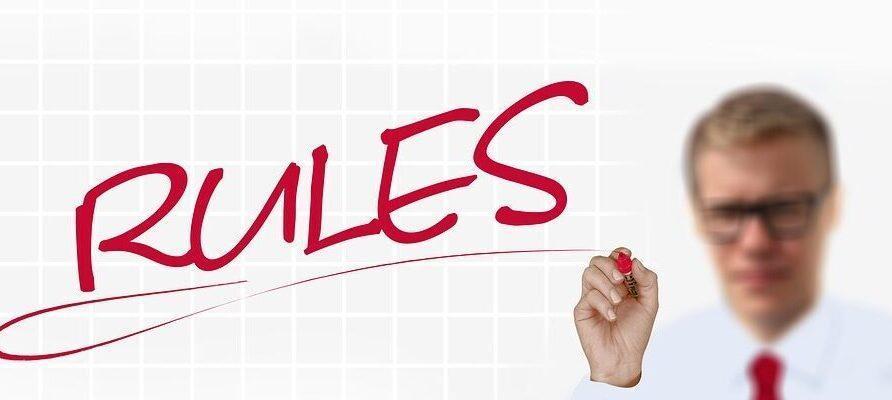Fighting the spread of COVID-19 as well as its negative consequences on our lives has been the efforts of the governments of all over the world. A brief description of the measures adopted in Italy are outlined here below.
Tax. Payment of taxes was suspended by the government ever since the first wave of COVID-19 in spring 2020 for entrepreneurs, and professionals that have recorded losses in turn-over over certain limits. Measures adopted by the government in this realm are several and deeply differentiated.
Restructuring. The government adopted measures for postponing deadlines for restructuring proceedings.
Health & Safety. Starting from November 2020 health measures vary on a regional basis depending on the level of spread of the virus. Some measures are valid everywhere such as use of the mask, curfew at night, prohibition of gatherings, etc. Some other measures are applicable only in “red alert” regions such as prohibition to exit home unless for proven working reasons or urgent necessities. When this paper is being drafted (March 28, 2021) most of the 20 Italian regions are “red zones” as a consequence of the third wave of the pandemic.
Workers’ Rights. Employers are entitled (but not obliged) to check their employees’ body temperature when entering workplaces. If the temperature exceeds 37.5°, she/he will be prohibited from entering the workplace.
As far as possible, entry/exit times, work shifts, and canteen times should be organized in a way to avoid contacts among the employees.
Daily cleaning and periodic sanitization of premises are required. Employers are required to ensure that employees maintain a one-meter distance from each other, and that the workplace is sufficiently ventilated. If the required distance cannot be maintained due to the peculiar kind of activity, employers are required to provide employees with sanitary masks and other protective devices (gloves, etc.).
Meetings are recommended to be carried out from remote. If the meeting is necessary, the employer needs to make sure that participation is reduced, minimum social distancing measures are maintained, and premises must be cleaned. All internal events and classroom trainings are cancelled.
All employers may request application of wage guarantee funds to their employees (as a waiver to normal laws which entitle only some selected employers to take advantage of such measure). This measure was introduced by Law-Decree March 17, 2020, no. 18; very recently a further Decree-Law has postponed the above financial measure for further six weeks to be comprised between November 16, 2020 and January 31, 2020.
Procurement. All administrative deadlines were suspended during the first lockdown, which had an impact also on public procurement proceedings. As long as the 2nd and 3rd waves of COVID-19 has stricken Italy no further suspension of administrative terms was adopted.
Import & Export. Special rules have been adopted for importing masks depending on whether they validly carry the CE marking or not. Masks destined to public entities, charities, and other categories are not subject to custom duties. Prohibition in exporting vaccine to non-EU countries is being discussed at European level, although Italian government has already stopped an export of vaccines to Australia, and the destination of millions of unreported doses in AstraZeneca facilities in Italy is being investigated.
Foreign Investments. Italy was awarded a total amount of Euro 209 billion between loans, and grant funding from EU (so-called Recovery Fund). A plan for the use of the Recovery Fund must be submitted by the Italian government by January 2021. It is arguable that part of the Recovery Fund will be destined to infrastructure and IT ameliorations, which may attract foreign investors.
